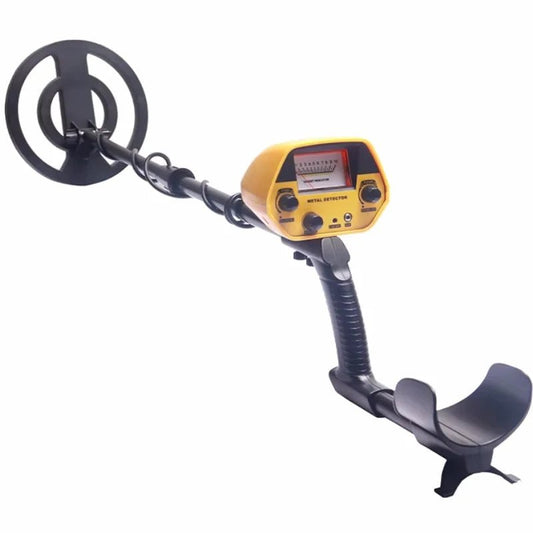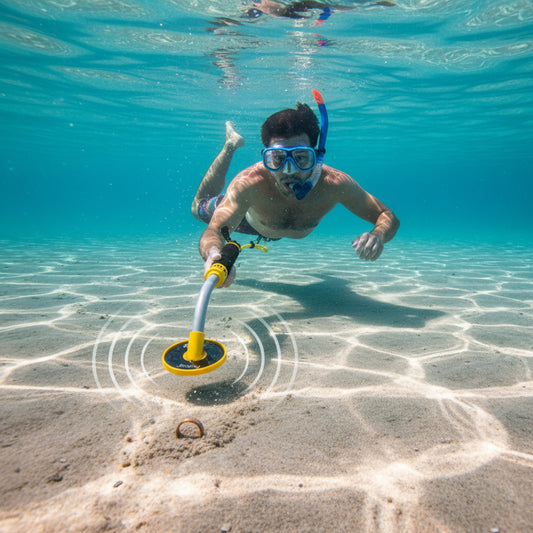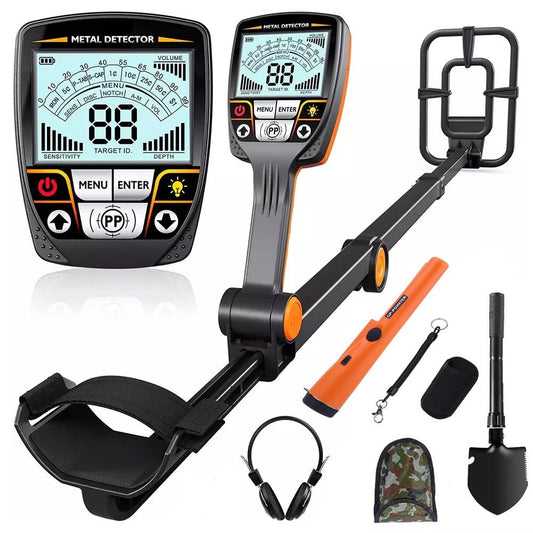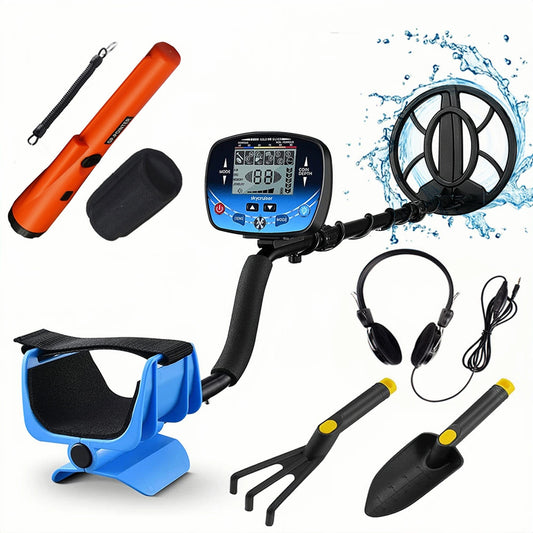
Can You Metal Detect in Texas State Parks? Rules and Tips
Share
Metal detecting in Texas state parks offers a unique opportunity to explore the state's natural beauty while uncovering pieces of its rich history.
However, before you start your adventure, it's crucial to understand the specific regulations and best practices for metal detecting in these parks.
This guide will delve into the rules, tips, and potential finds when metal detecting in Texas state parks.
Can You Metal Detect in Texas State Parks?

The short answer is yes, but with significant restrictions. Metal detecting is generally prohibited in most Texas state parks unless you have a special permit. Even with a permit, detecting is often limited to specific areas within the park.
Why Are Permits Required?
Permits are necessary to ensure that metal detecting activities do not harm the environment or disturb historical sites. Texas state parks are protected areas, and the state aims to preserve their natural and cultural resources.
How to Obtain a Permit
To obtain a permit for metal detecting in a Texas state park:
-
Contact Park Authorities: Reach out to the specific park you wish to detect in.
-
Submit an Application: Provide detailed information about your detecting plans and equipment.
-
Wait for Approval: Processing times can vary, so plan ahead.
Learn all about how to get your metal detecting permit.
Best Practices for Metal Detecting in Texas State Parks

To ensure a successful and responsible detecting experience in Texas state parks:
-
Respect Restricted Areas: Avoid detecting near historical sites, wildlife habitats, or sensitive ecosystems.
-
Use Proper Equipment: Choose detectors and tools that minimize environmental impact.
-
Fill in Holes: Always restore the ground to its original state after digging.
-
Report Significant Finds: If you discover items of historical importance, report them to park authorities.
Potential Finds in Texas State Parks
While metal detecting in Texas state parks, you might uncover:
-
Lost Items: Coins, jewelry, or personal belongings lost by visitors.
-
Historical Artifacts: Depending on the park's history, you might find relics from early settlers or Native American tribes.
-
Natural Treasures: Unique rocks or minerals that can be found in the park's terrain.
Tips for Successful Metal Detecting in Texas State Parks

To maximize your chances of finding treasures in these parks:
-
Research Park History: Understand the historical significance of the area to identify promising spots.
-
Choose the Right Detector: Use a detector suitable for the park's terrain and soil conditions.
-
Detect During Less Crowded Times: Early mornings or late afternoons are ideal for avoiding other park visitors.
-
Stay Hydrated: Bring plenty of water, especially during hot weather.
Conclusion: Responsible Treasure Hunting in Texas State Parks
Metal detecting in Texas state parks offers a unique blend of adventure and historical discovery. By following the rules, obtaining necessary permits, and practicing responsible detecting, you can enjoy this exciting hobby while contributing positively to the preservation of these beautiful parks.
Remember, the key to successful metal detecting in Texas state parks is respect for the environment and adherence to regulations. Whether you're searching for lost treasures or simply enjoying the great outdoors, always prioritize responsible practices and safety.
Happy hunting, and may your adventures in Texas state parks be both rewarding and respectful of nature!




